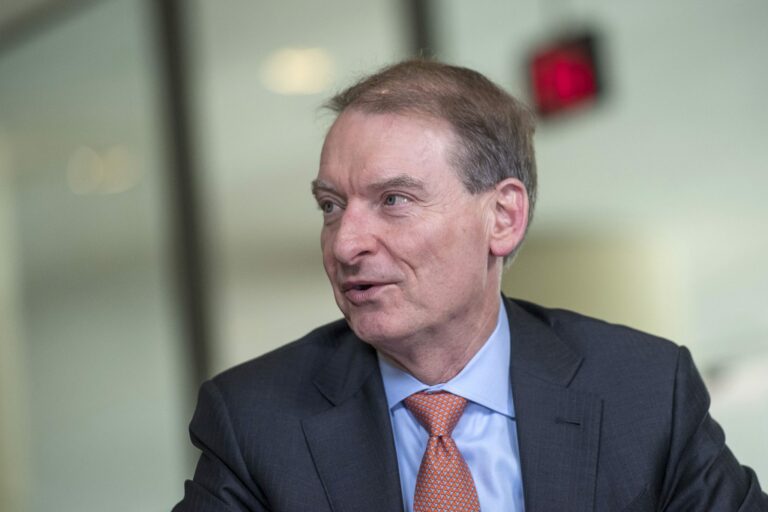Paul Atkins, President Donald Trump’s nominee to chair the Securities and Exchange Commission, is under scrutiny for his vast holdings, which include an unusual number of life insurance policies. A recent ethics disclosure revealed he holds a staggering 54 life insurance policies, a fact that has raised eyebrows among financial experts.

While such extensive holdings are unusual, the context offers some perspective. According to the American Council of Life Insurers, in 2023, there were just under 260 million active policies in the U.S., meaning less than one policy per American adult, on average. Furthermore, these policies represent nearly 10% of Atkins’ net worth, estimated by Bloomberg to be at least $327 million. The sheer quantity of policies has puzzled some experts.
“It would make no sense for an individual to have 20, 30, 40, let alone 50, universal life policies on their own life,” James Carson, a professor at the University of Georgia who researches the insurance market, told Fortune.
Why Atkins would own so many policies is a subject of speculation. Fortune reached out for comment through Patomak Global Partners, Atkins’ consultancy firm, but did not receive a response.
Taxes as a Factor
One potential explanation is tax efficiency. Timothy Harris, an economics professor at Illinois State University, suggested to Fortune that the policies could be a tax-reduction strategy. There are two main types of life insurance: term and whole life. Term policies are in effect for a fixed period; the latter stay in effect for a policyholder’s life. Atkins’ 54 policies are all whole or variations of it known as “universal.” These policies combine a savings account with a death payout.
“It’s less so about insuring against premature death, and it’s more of an investment vehicle,” Harris said. For those who haven’t maximized contributions to 401(k)s and Roth IRAs, whole life insurance may offer tax advantages. “For high earners that have already exhausted all of the benefits from a 401(k), you can turn to these whole or universal life insurance policies to try and circumvent some of the taxes,” he added.
Complex Finances or a Strategic Investment?
Patricia Born, a professor at Florida State University’s College of Business, who studies risk management and insurance, told Fortune that Atkins’ accumulation of life insurance policies isn’t “a normal thing.” However, she noted the complexity of the incoming SEC chair’s finances, including multiple trusts and board memberships. This arrangement could be a reflection of company benefits. “And it would make sense to have policies written specifically to pay to each of those trusts,” she added.
Carson believes the large number of policies point to an investment strategy. He thinks Atkins has purchased the life insurance policies of others—a practice sometimes seen when policyholders find premiums too costly. In such transactions, the third party continues premium payments and profits upon the original seller’s death. “This guy clearly likes to have a big pool of varied investments,” Carson said. He added that the values of the policies vary widely, with some exceeding $1 million and others valued between $1,000 and $15,000.
Atkins faced a Senate confirmation hearing and has committed to or already divested from a large portion of his holdings, but his life insurance policies are not part of the divestment plan.


